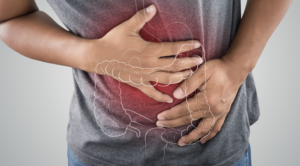
Understanding Colon Cancer
Let’s dive into the world of colon cancer—a significant health concern that affects countless lives. Colon cancer ranks as the third most common cancer-related cause of death in the United States. Colon cancer takes root in the large intestine affects 1 in 23 men and 1 in 25 women at some point in their life. In this article, we’ll learn about colon cancer, explore its signs and symptoms, delve into its root causes, understand treatment options, and arm you with natural strategies to support your well-being.


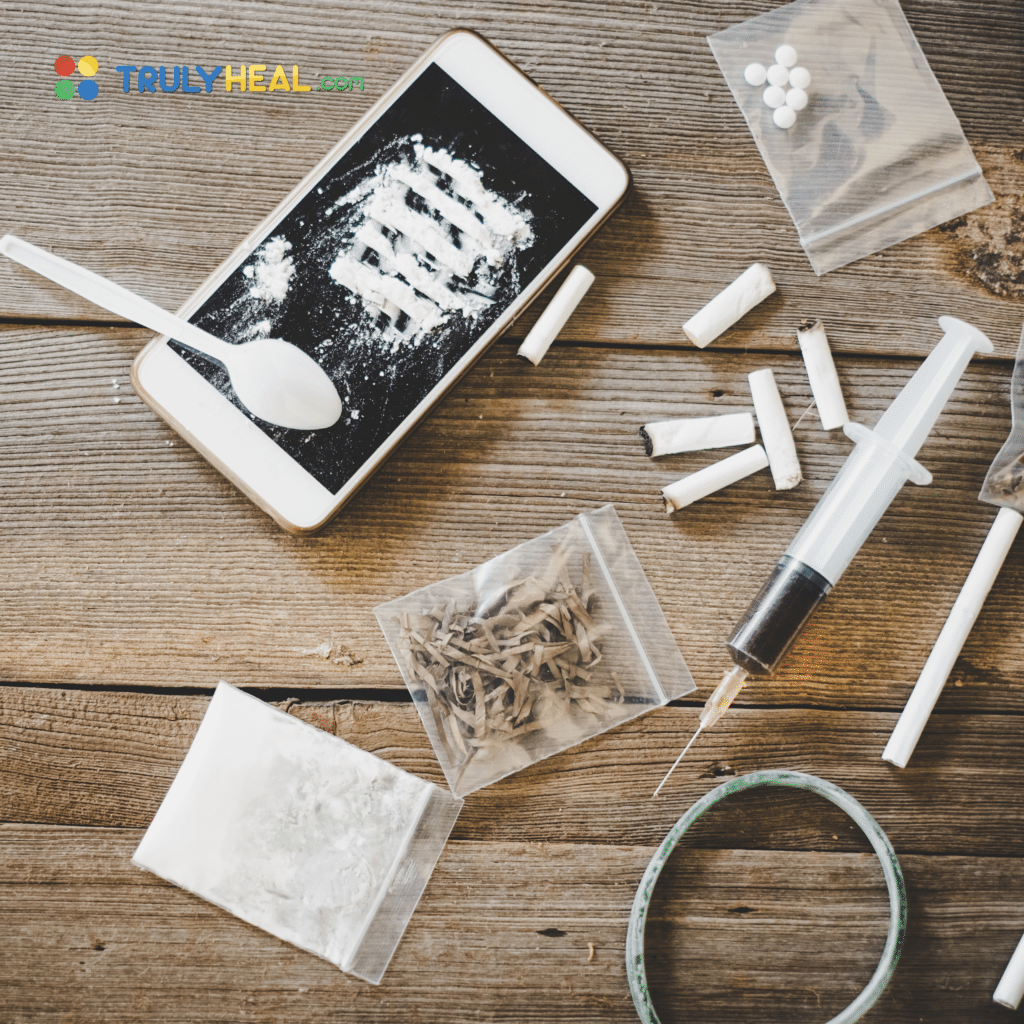
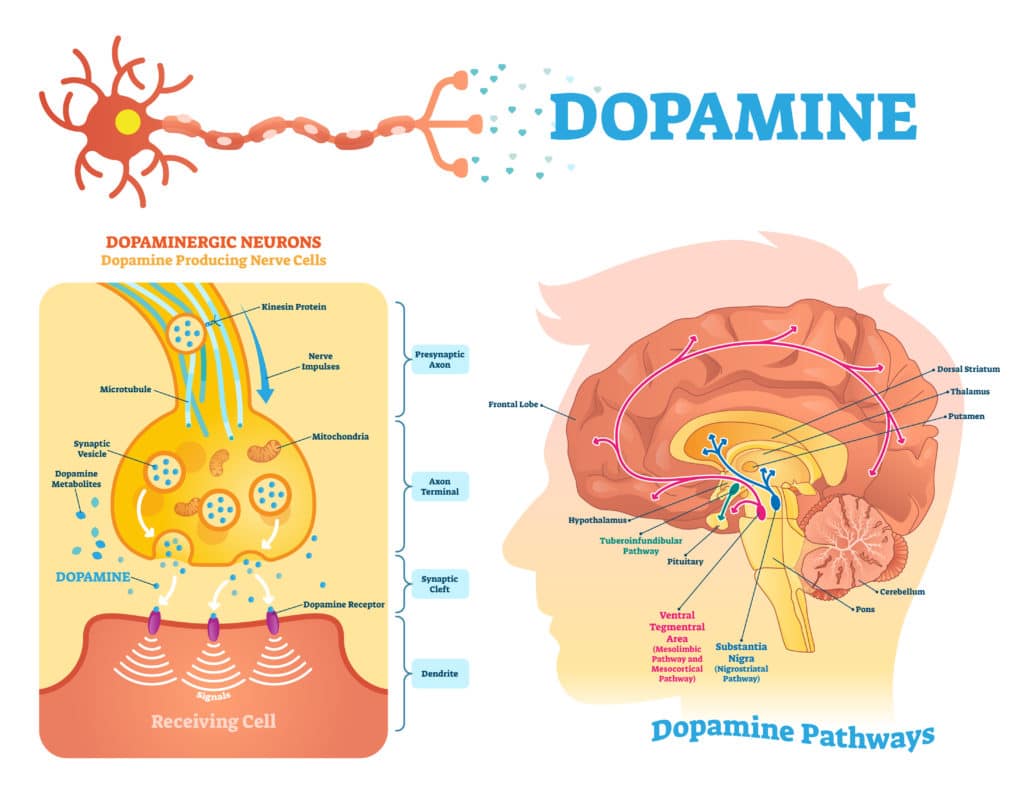
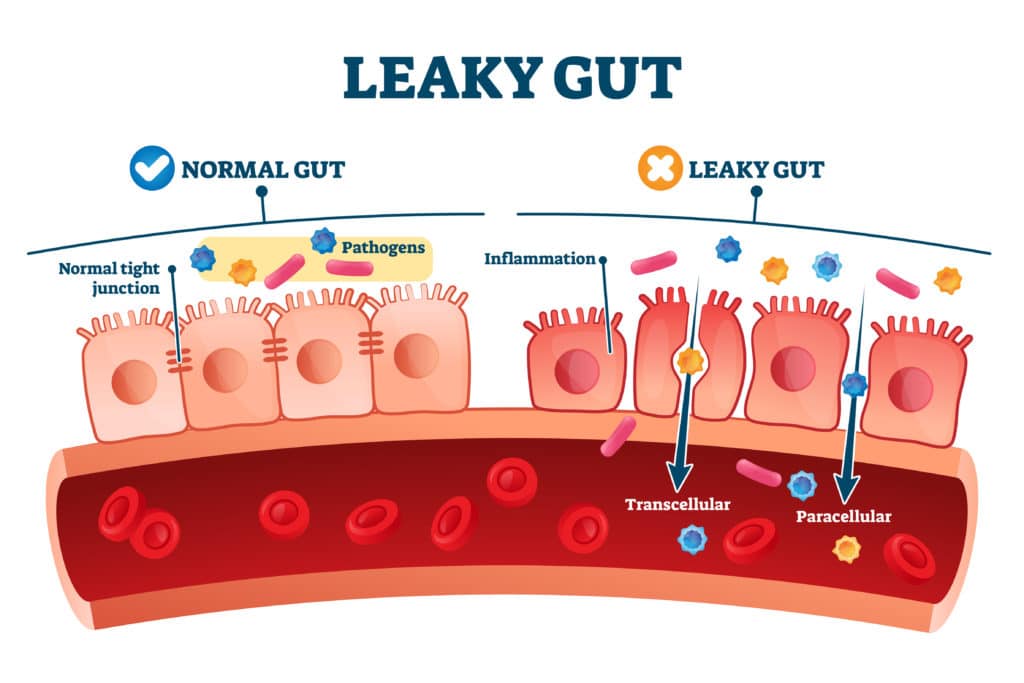
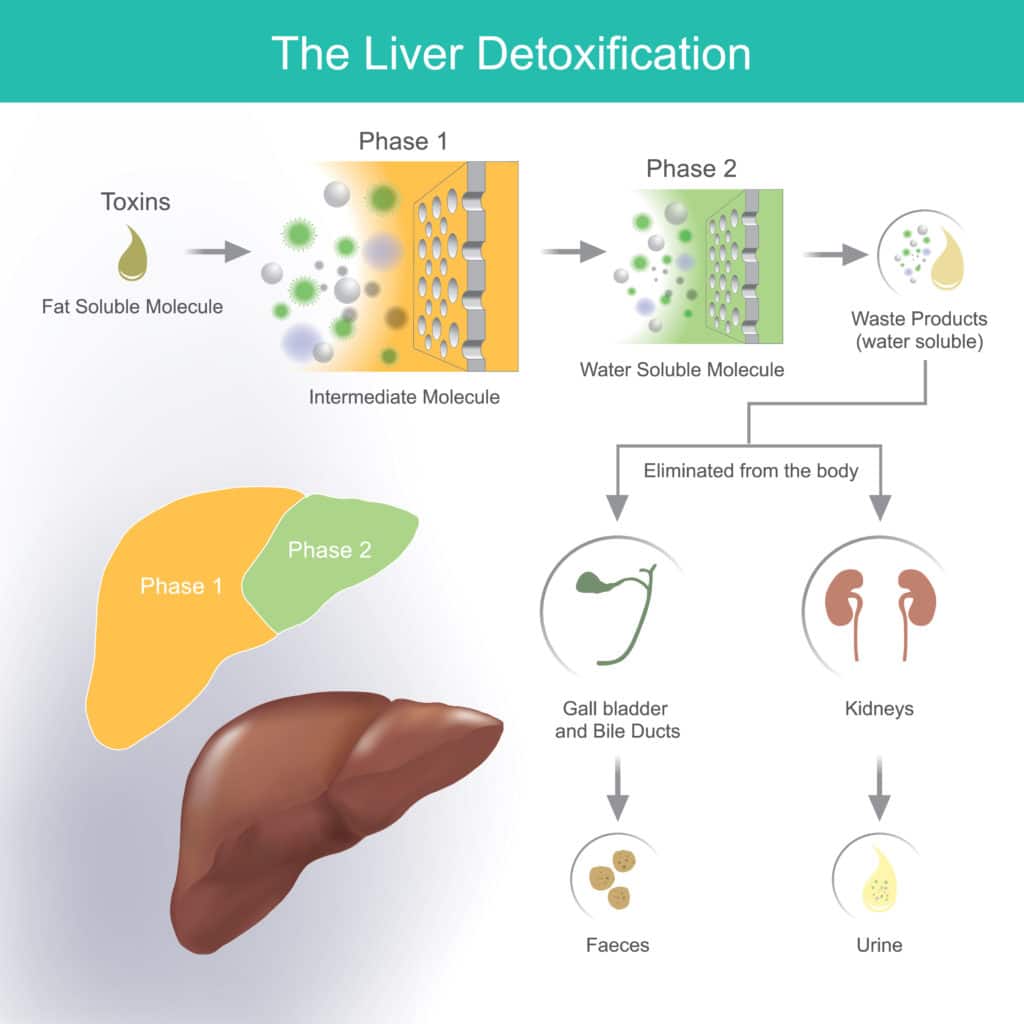
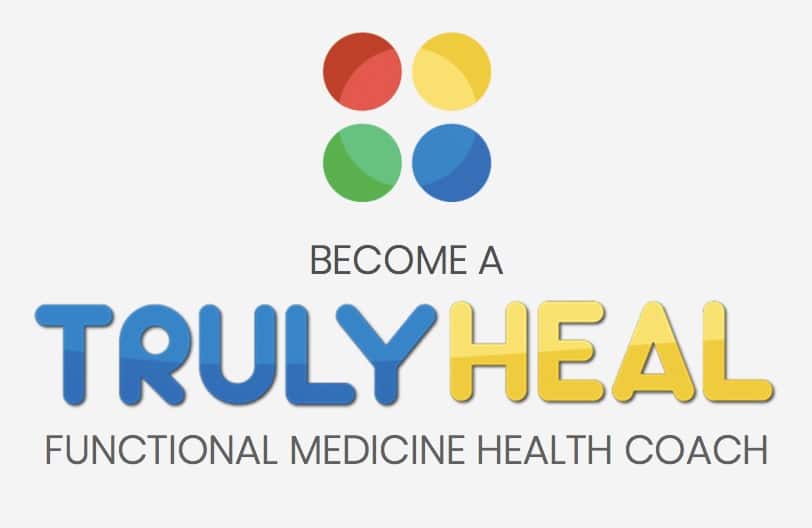


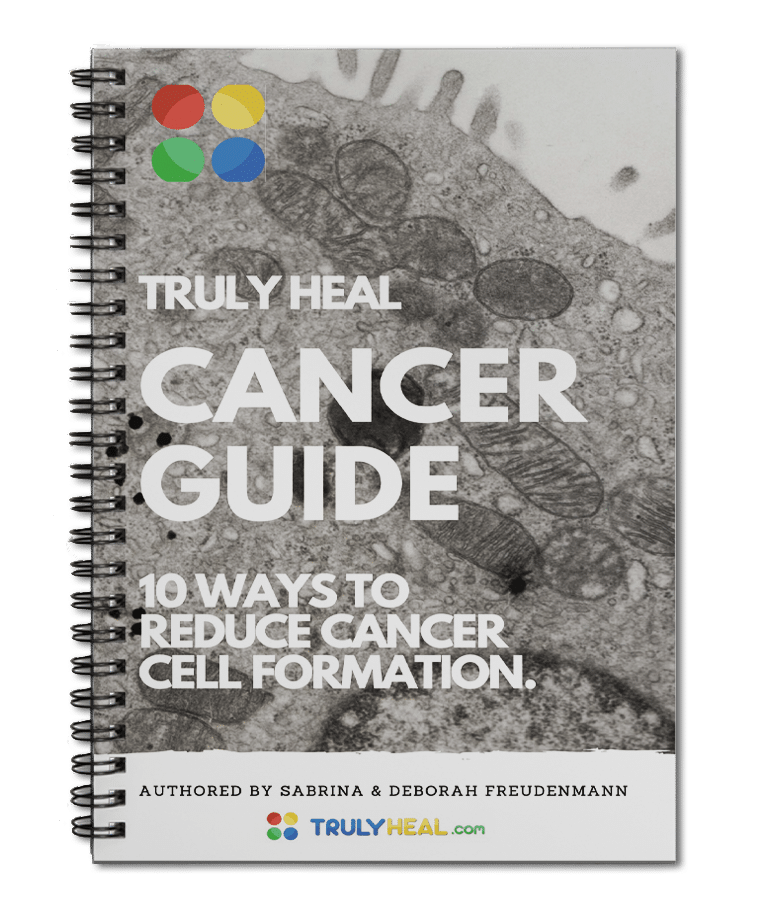
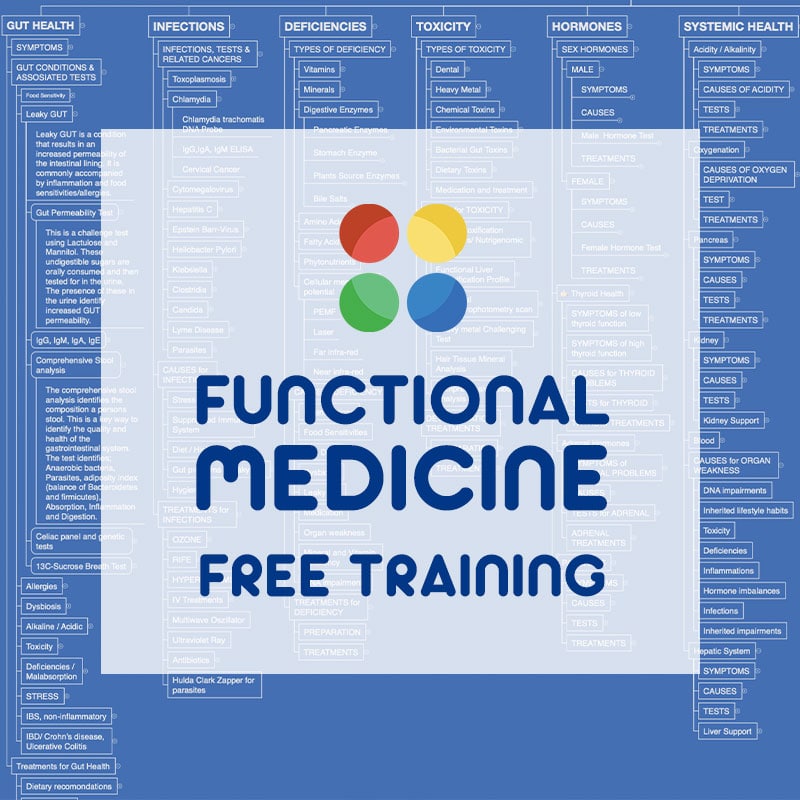
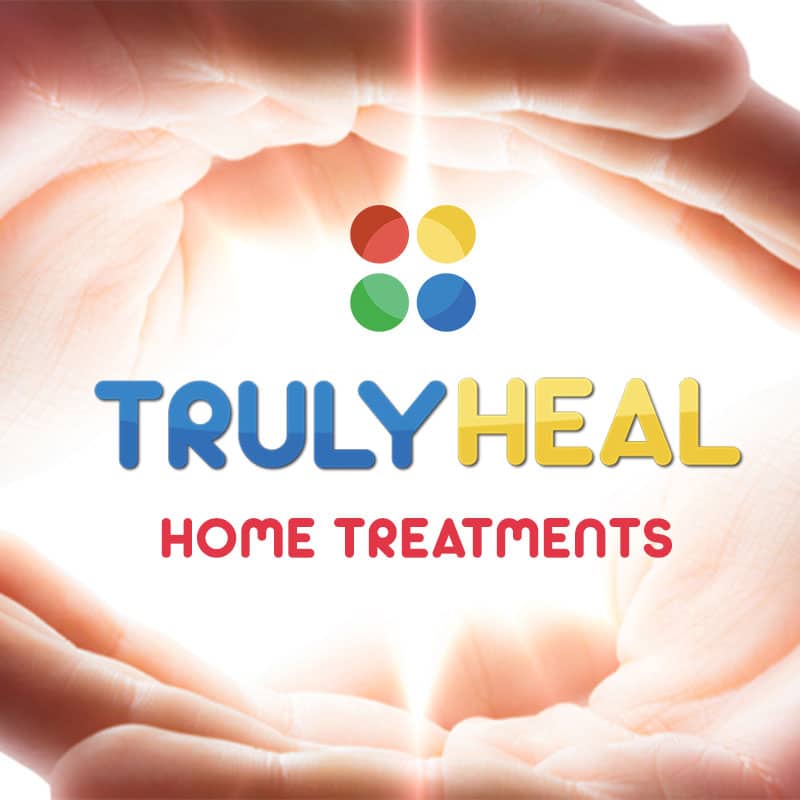

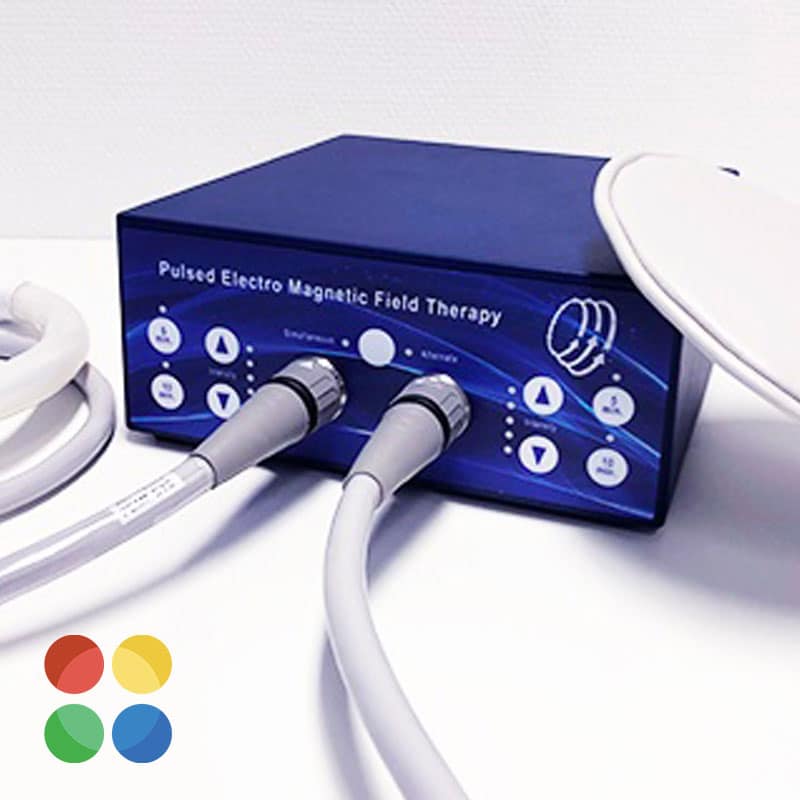
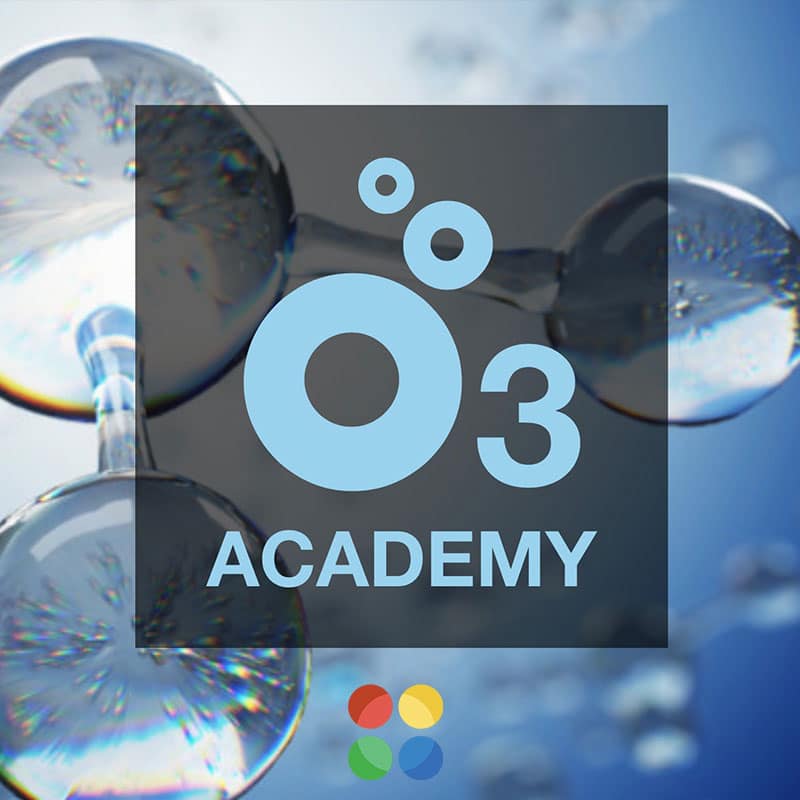
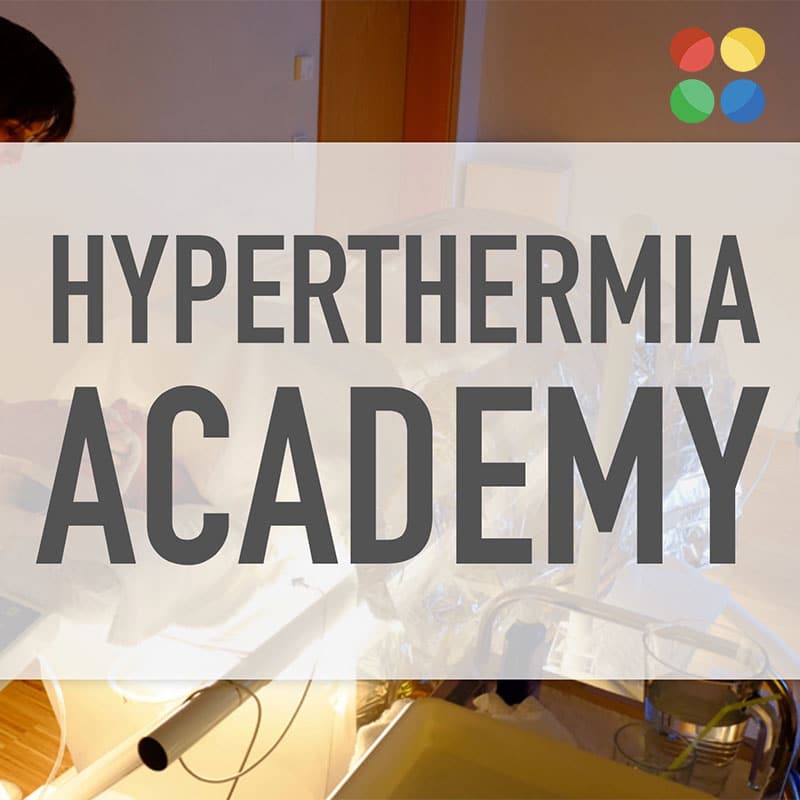


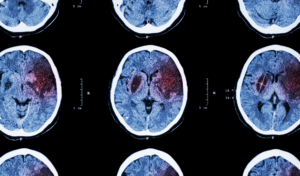
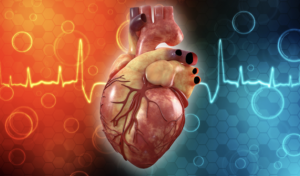
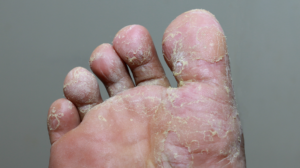

2 Responses
I have been dealing with addictions since 2002, gradually learning to treat more and more addictions as we went along. In 2019 with the help of a retired doctor we started to get amazing results for Heroin and methadone addiction. Now we can literally deal with anything smoked, anything drunk, gambling and all pharmaceutical and recreational drugs right up to crack cocaine. We can also deal with heroin , methadone and subtex using an IV protocol. I thought I knew everything you could know about addictions but I have just learnt a lot more with your amazing artacle. Thank you.
Hello Shokat, what a rewarding profession you have! There is a lot someone can do to support addictions from various different drugs and levels of addiction, so it’s beautiful to hear how successful you and your clinic are. I believe there is one thing we should always remember, and that is… that we can never stop learning! Appreciate your amazing feedback on the article. Warmest regards, Deborah